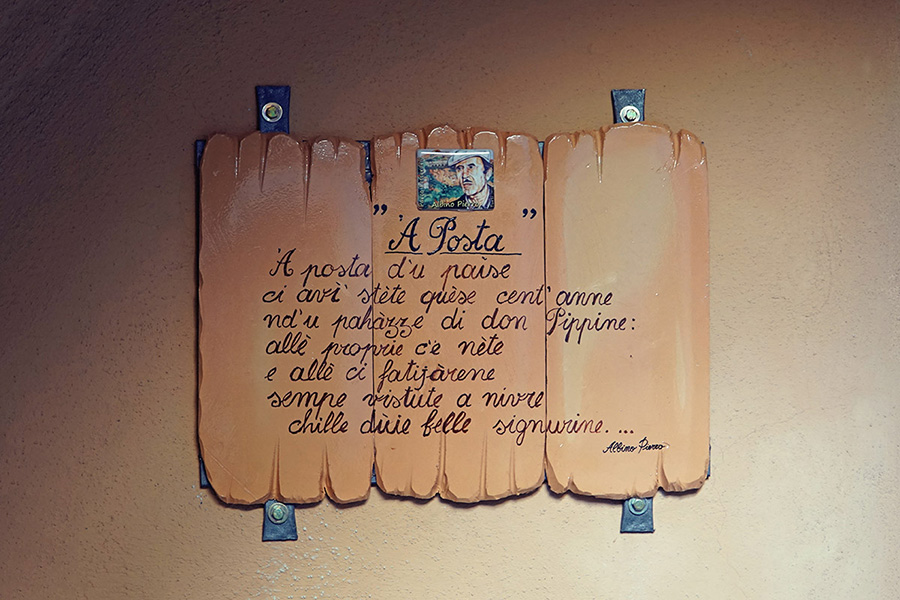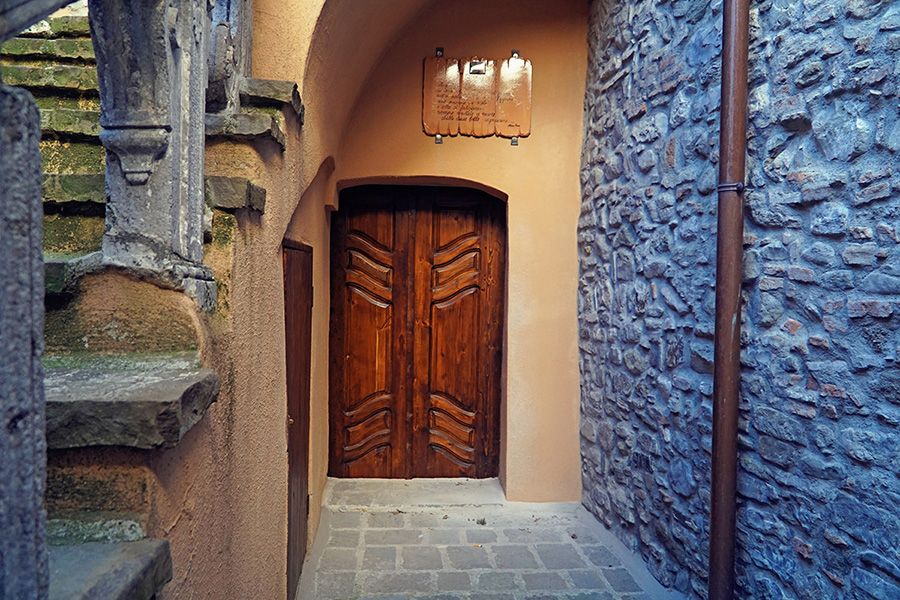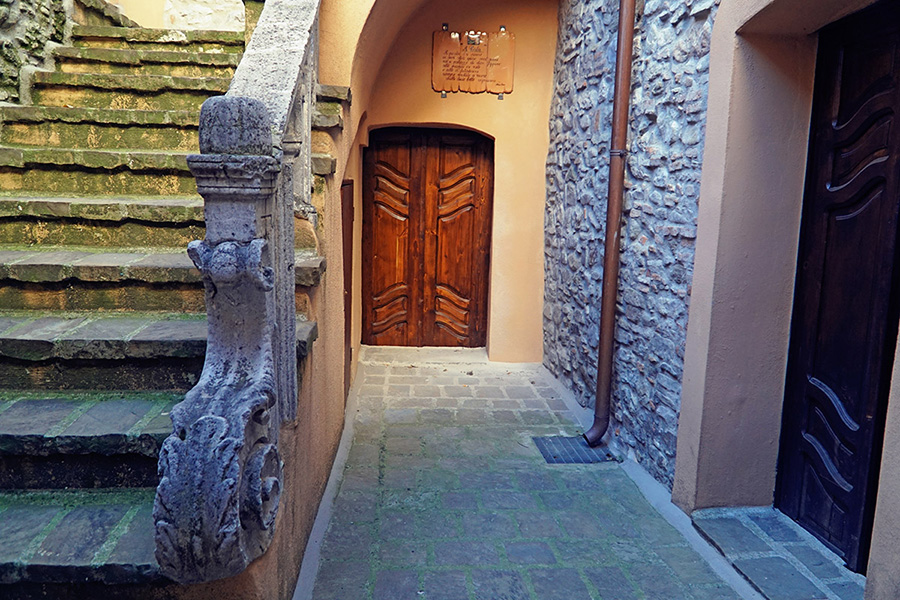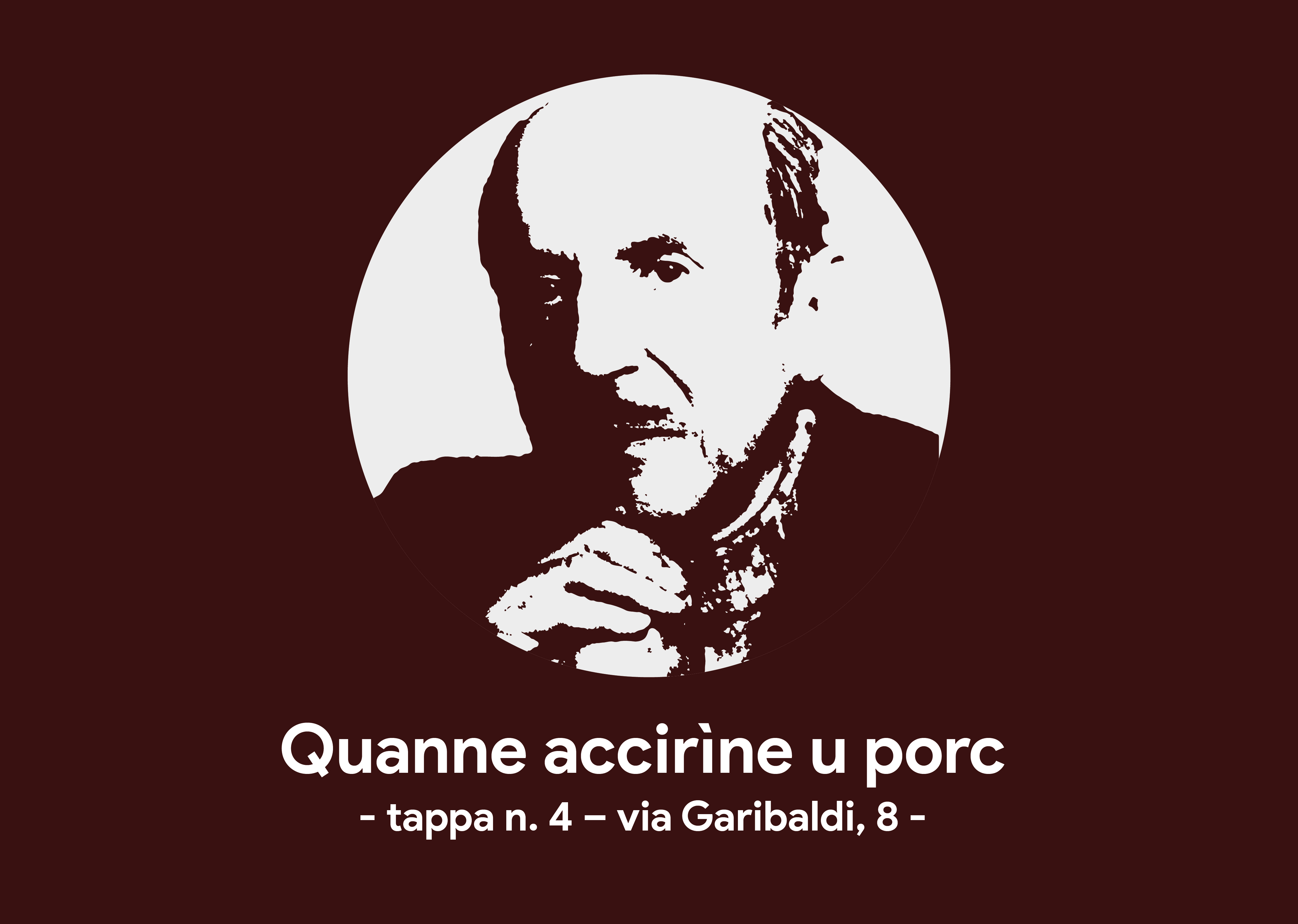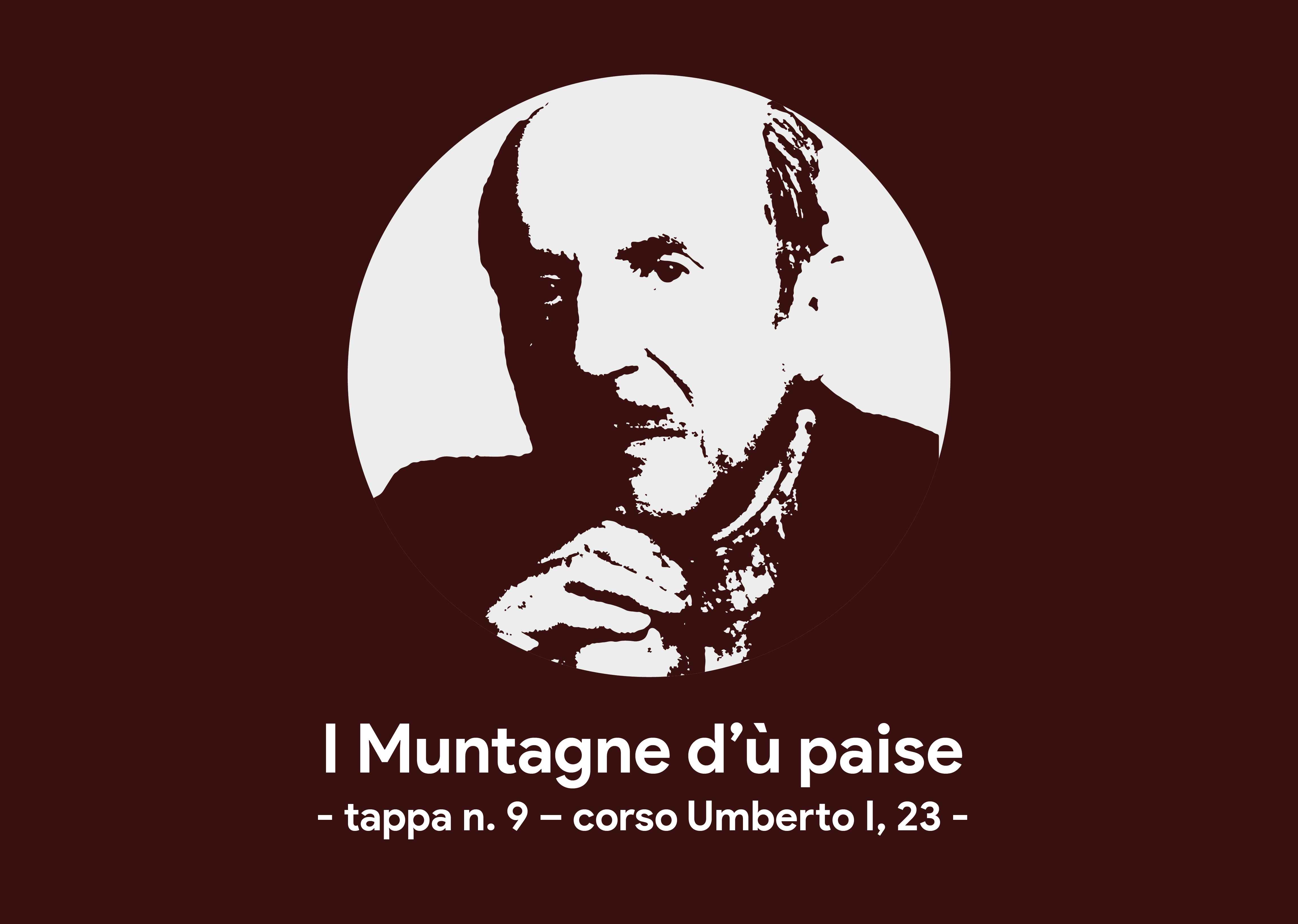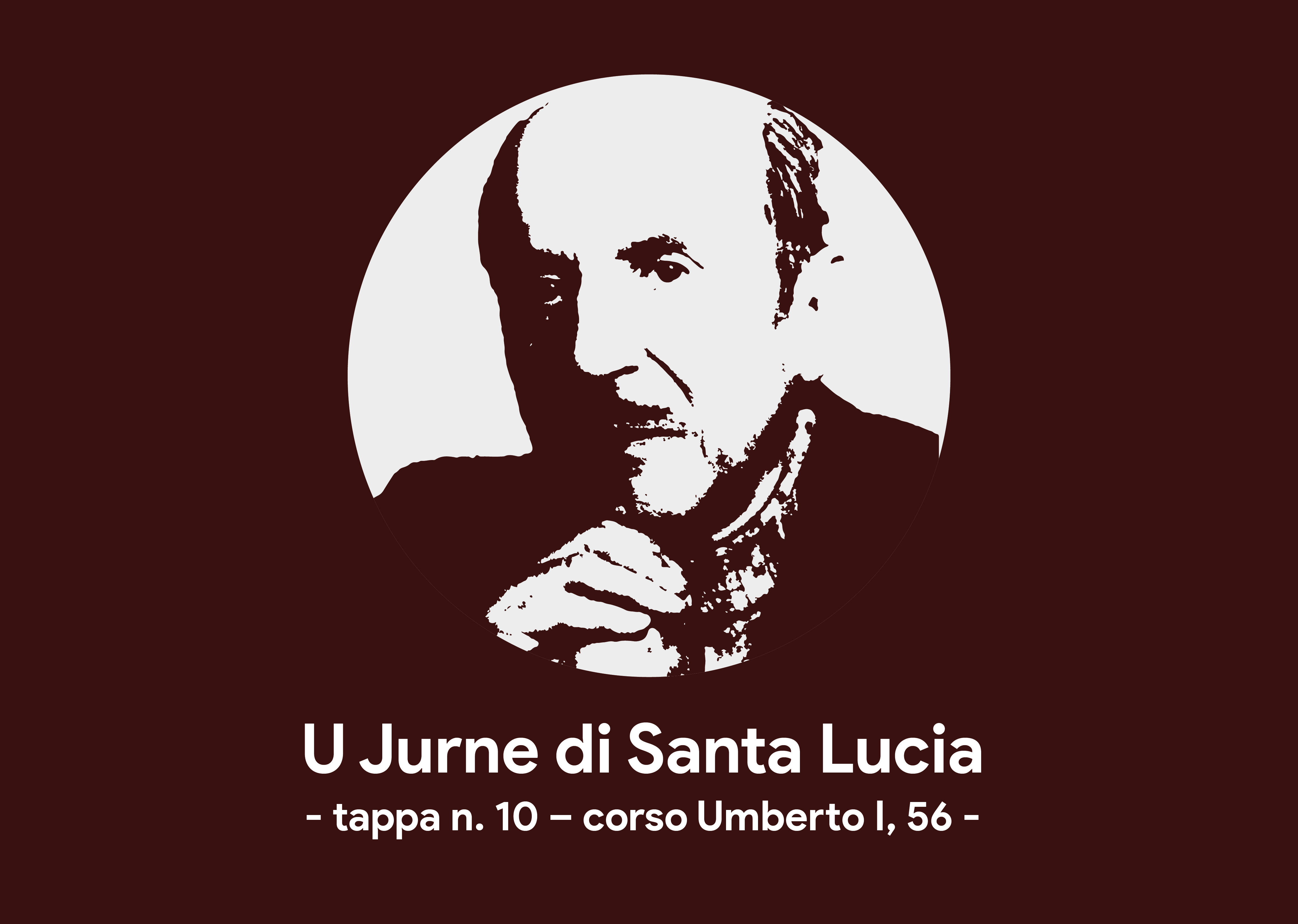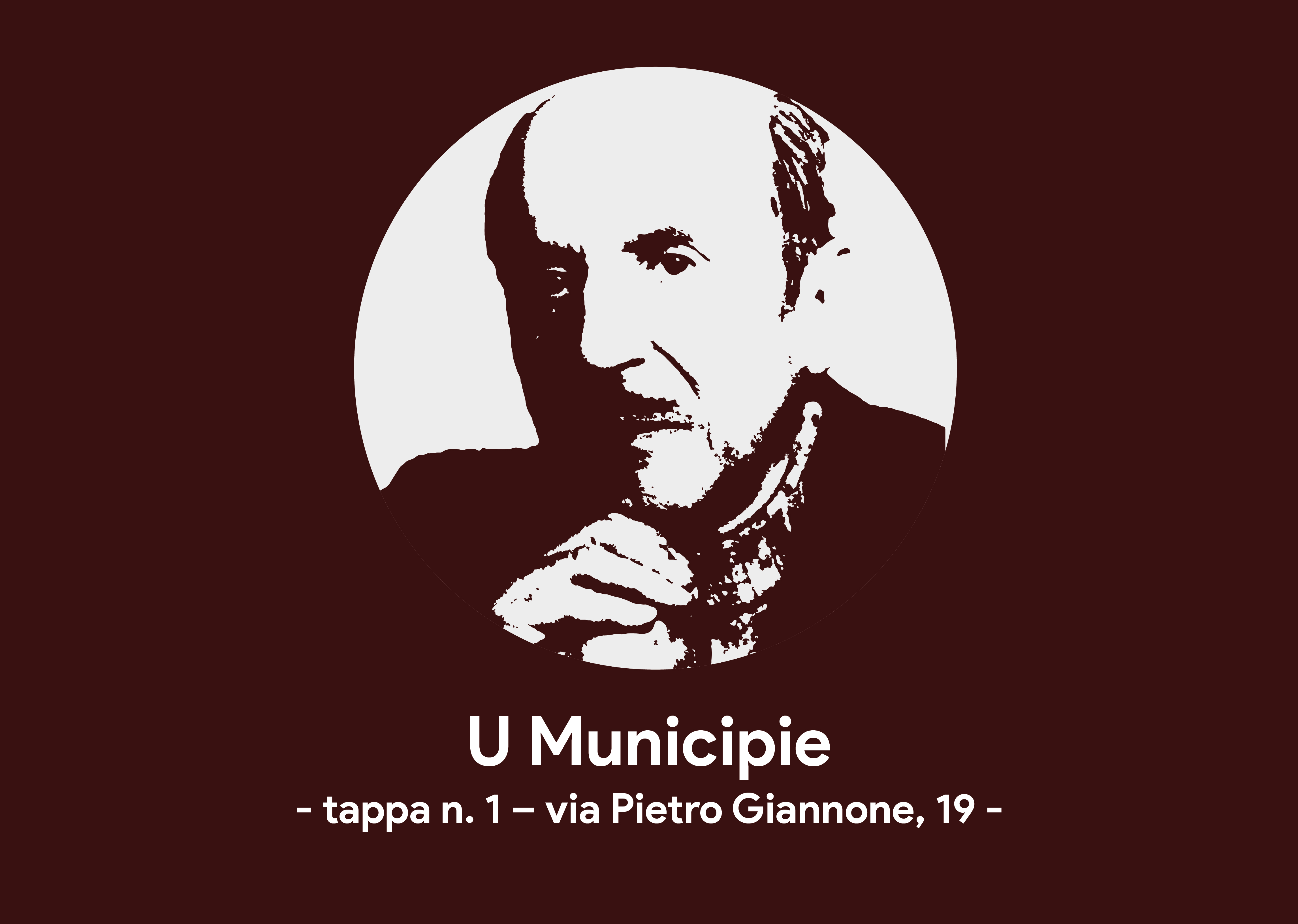The Post Office
The Post Office
The Post Office of my country / there had been almost a hundred years / in the palace of Don Peppino: / right there it was born / and there they worked / always dressed in black / those two beautiful ladies. / But after a lifetime, / slowly, / the unfortunate day also arrived / in which they had to get out: / not even the next morning / they wanted to wait, / and that same night, / with suitcases, boxes and little boxes, / they started the road under your feet / to go out of the country, / poor old ladies, / who felt themselves dying / in that stampede / in a dark drowned with sighs. // Few people accompanied them, / shaving their shawls over their mouths / so as not to hear shouts, / as in a procession without a band / next to Our Lady of Sorrows / in Holy Week. / She was carrying the little maid in the box / the cat that was moaning in fright / / and the pretty young ladies felt / born in the heart like a “petraia”. / No one should have known / that they left crying, poor things, / and to make them happy they hid / in a moment all the stars. / How they had to do, how they had to do, / Christ at the cross: / they left it in the hands of four strangers, / and in their palace like a church / without a door and without a bell, / the mail of the country; / and they didn't know what to say / to the poor villagers / who would have found at the counter / faces of convicts and arrogance, / and that, as after a funeral, / ...
La posta
La posta del paese / vi era stata quasi cent’anni / nel palazzo di don Peppino: / proprio lí c’è nata / e lí vi lavorarono / sempre vestite di nero / quelle due belle signorine. / Ma dopo una vita intera, / piano piano, / arrivò pure il giorno disgraziato / in cui dovettero uscirne: / nemmeno la mattina appresso / vollero aspettare, / e quella stessa notte, / con valigie, cassette e cassettine, / si misero la strada sotto i piedi / per andare fuori paese, / povere vecchiette, / che si sentivano morire / in quel fuggi fuggi [20] / in un buio affogato di sospiri. // L’accompagnavano poche persone / che si stringevano lo scialle sulla bocca / per non far sentire le grida, / come nella processione senza banda / appresso alla Madonna Addolorata / nella Settimana Santa. / Portava la servetta nella cassetta / il gatto che gemeva spaventato / e le signorine belle si sentivano / nascere nel cuore come una petraia. / Non doveva saperlo nessuno / che partivano piangendo, le poverine, / e per farle contente si nascosero / in un attimo tutte quante le stelle. / Come dovevano fare, come dovevano fare, / Cristo alla croce: / la lasciavano in mano a quattro estranei, / e nel loro palazzo come una chiesa / senza una porta e senza una campana, / la posta del paese; / e non sapevano che cosa dire / ai poveri paesani / che avrebbero trovato allo sportello / facce di galeotti e di spavaldi, / e che, come dopo un funerale, /……………..



